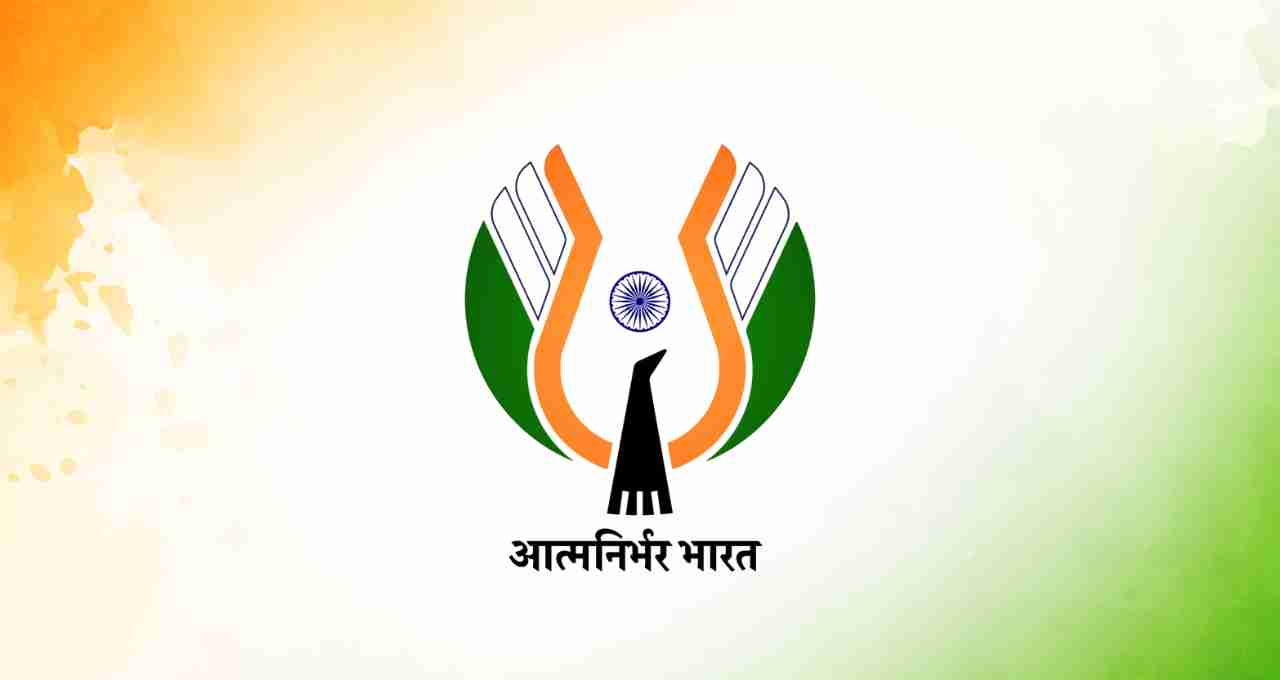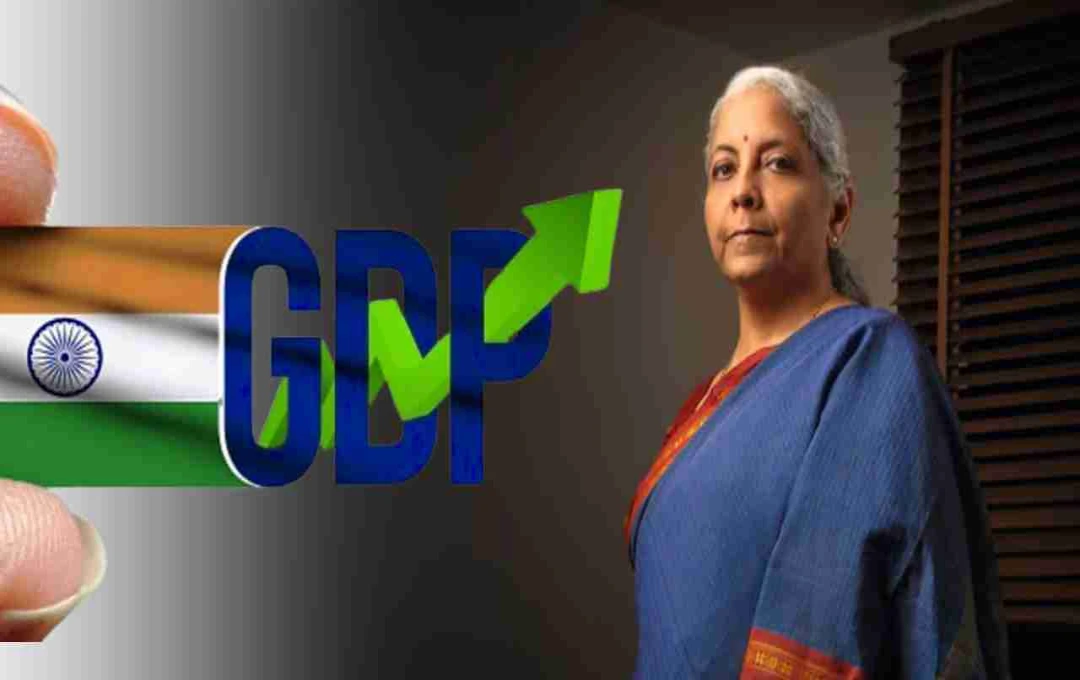Finance Minister Nirmala Sitharaman stated that India is moving towards an 8% GDP growth and, despite global tariffs, geopolitical tensions, and economic instabilities, the country is capable of withstanding these shocks. She emphasized reforms in multilateral institutions and global cooperation to maintain stability in trade and investment.
GDP growth: Union Finance Minister Nirmala Sitharaman stated at the Kautilya Economic Conclave 2025 that India is moving towards 8% GDP growth. Despite global tariffs, geopolitical tensions, and trade imbalances, the Indian economy is capable of withstanding these shocks. She highlighted the necessity of reforms in multilateral institutions and global cooperation for stability, which would enable India to achieve its goal of becoming a self-reliant and developed nation by 2047.
India's Growth Amidst Global Instabilities
Sitharaman stated that rising geopolitical tensions and tariffs worldwide are reshaping the global economy. She clarified that India is advancing towards development despite these instabilities. She asserted that India is continuously progressing towards becoming a developed and self-reliant nation by 2047, and an 8 percent GDP growth is essential for this.
The Finance Minister explained that changes in global trade and investment are not minor shocks but significant structural shifts. She noted that sanctions, tariffs, and policies of isolation are altering global supply chains. For India, these changes present both opportunities and challenges. It will depend on whether we demonstrate resilience and emerge as leaders or attempt to avoid uncertainty.
Self-Reliant India and Global Participation

Nirmala Sitharaman clarified the concept of a self-reliant India. She stated that a self-reliant economy does not imply a closed economy. India is moving forward by balancing its domestic reforms and global participation despite global instabilities. She affirmed that India has the strength to withstand external shocks and is robustly playing its role on the global stage.
The Finance Minister also stated that India is focusing on domestic reforms alongside increasing its share in the global economy. She emphasized the need to manage global trade and energy imbalances, highlighting the importance of policy reforms, investment promotion, and economic strategy for this.
Sitharaman: Reliable Global Institutions Are Essential
Sitharaman stressed the need to strengthen multilateral institutions like the World Bank and IMF for global stability. She stated that the weakness of these institutions diminishes global trust. The Finance Minister explained that global trade and investment can only be stabilized through reforms and cooperation. She believed that the global economic situation is now at a historic juncture, and the tension between low investment, growth, and stability indicates this.
India's Economic Preparedness Amidst Global Challenges
The Finance Minister stated that India's goal is to achieve 8 percent GDP growth. This target is essential for realizing the vision of a developed and self-reliant India by 2047. She explained that India is continuously striving to increase its share in the global economy, balance domestic reforms, and overcome tariffs and geopolitical tensions.
Sitharaman also affirmed that India is prepared to face global challenges, and necessary measures are being taken to keep the economy robust against external shocks. She believed that the country's resilience and strategic policies would strengthen India's position in the global economic landscape.












